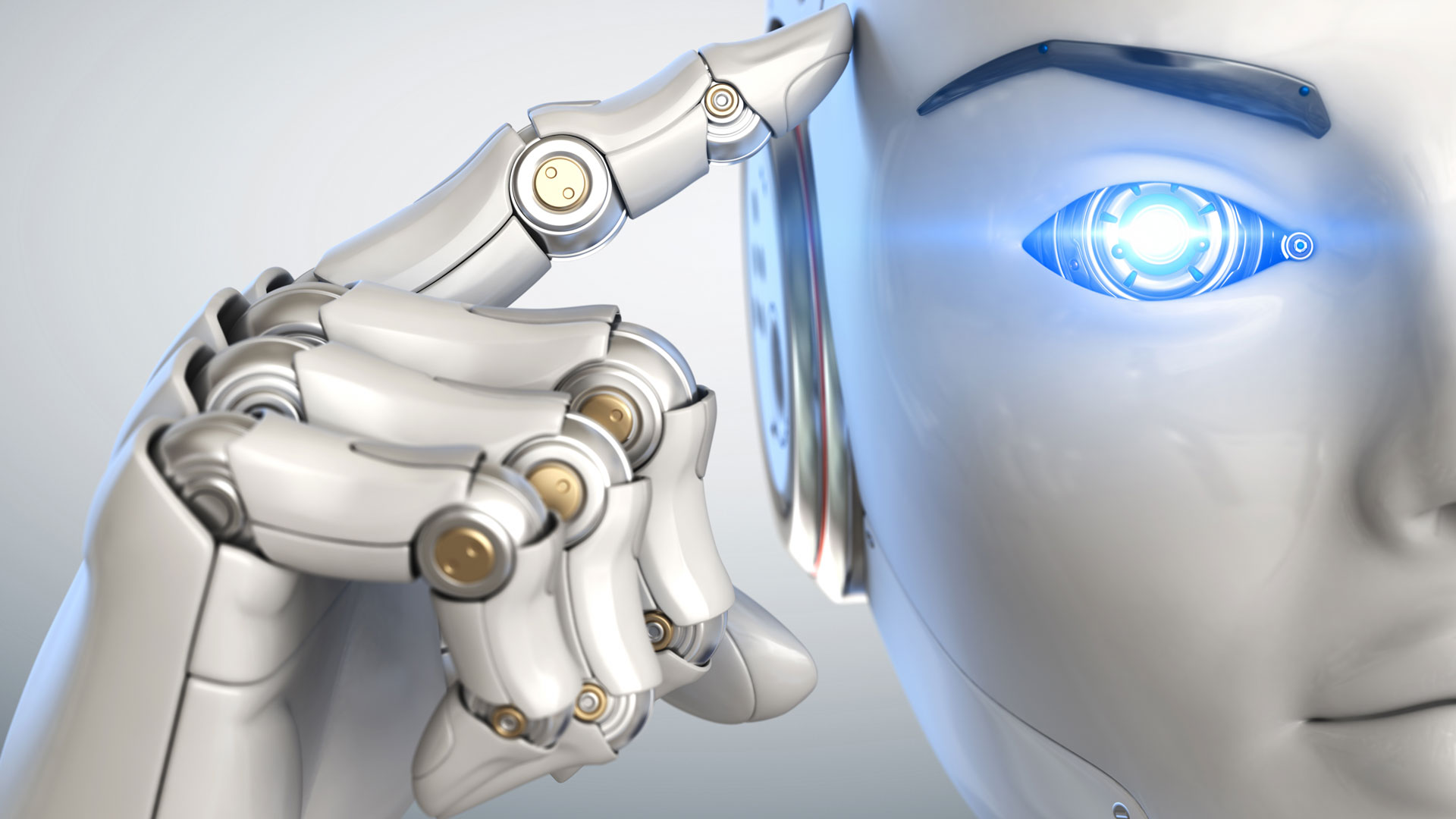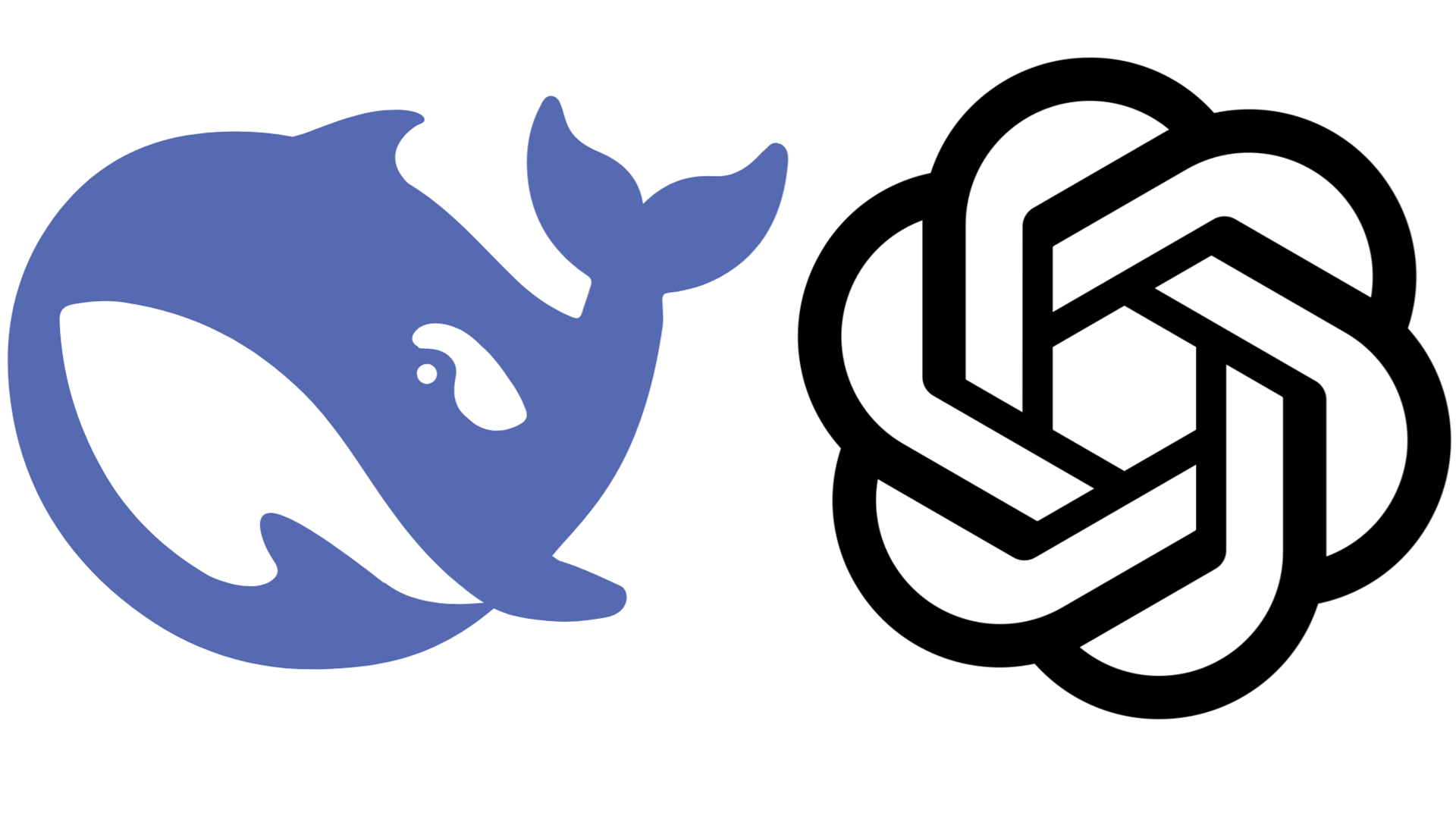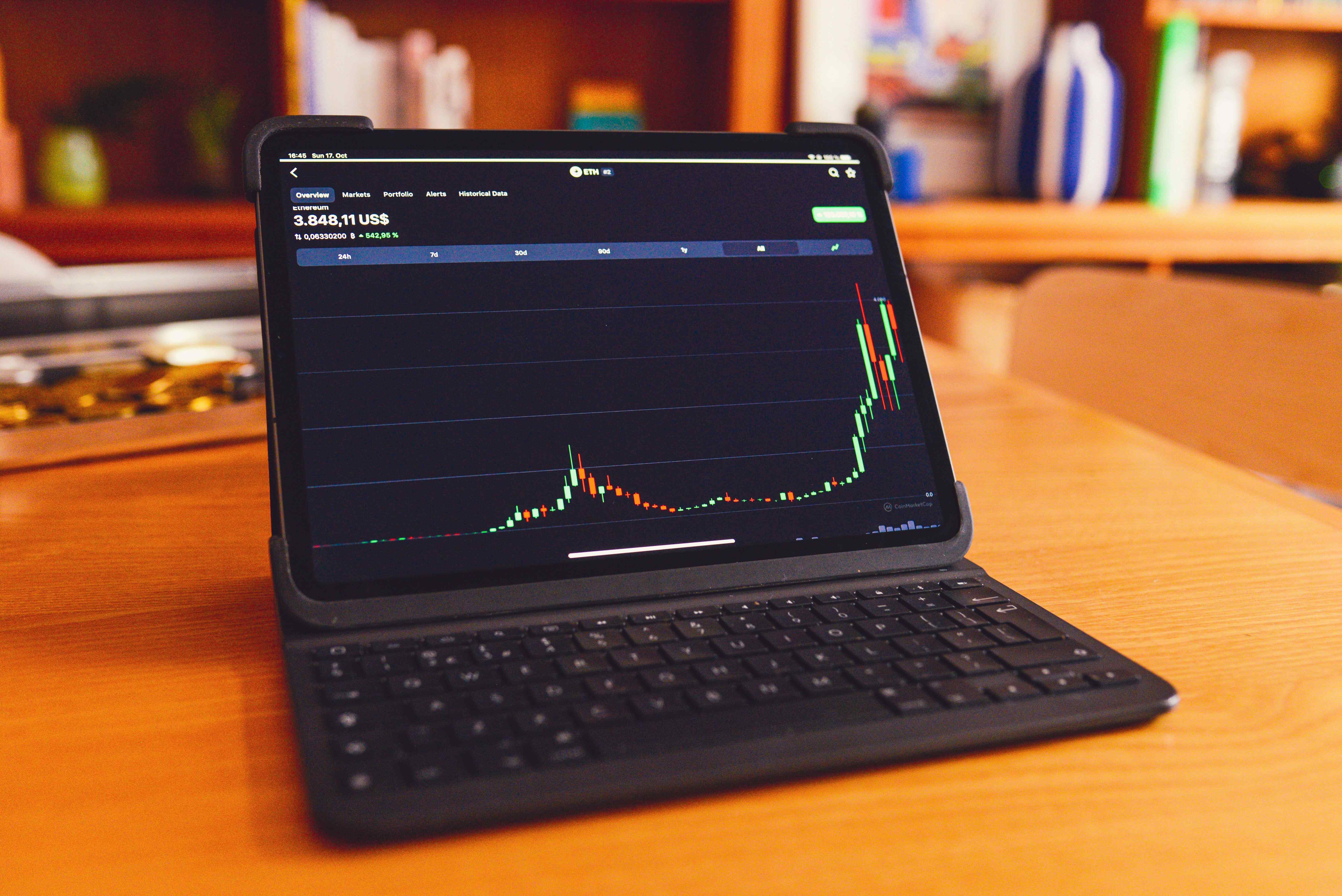How Data Science & Analytics Are Transforming Industries Today
In a world where every click, purchase and interaction generates data, companies that fail to leverage this information fall behind. Data science and analytics have become the cornerstone of most businesses today. This article will explore how four key industries- supply chain, retail, marketing and customer service- have evolved recently using data. 1.Retail: Personalized Shopping Have you ever searched for something on Google- let's say a pair of sneakers- then suddenly your socials timeline is filled with similar ads for sneakers? That's data science at work. Retailers use their customer data to better understand their customers, tailoring their products and services to meet their different customer-specific needs and preferences. By analysing your browsing history, purchase patterns, and even how long you linger on a product page, brands can personalise product recommendations, send you targeted offers, and adjust pricing in real-time. 2. Supply chain: Predictive and cost-reducing In the supply chain world, data science is crucial in improving operational efficiency and reducing costs. For example, demand forecasting models can be used to maintain optimum inventory levels and therefore reduce the risks of stockouts and overstocking. Machine learning models can be used to identify signs of equipment failures before they occur and organisations can schedule repairs proactively, reducing costly downtimes and maintenance costs. 3.Customer Service: faster, friendlier and personalised No one likes waiting forever for help. With data science and analytics, companies are transforming customer service into a faster, friendlier and more personalised experience. Most firms use sentiment analysis to analyse customer feedback from various sources to gauge customer satisfaction and identify areas of improvement. Chatbots powered by machine learning and natural language processing provide instant responses to customer queries, therefore cutting resolution time and improving customer satisfaction. 4. Marketing: Smarter Campaigns, Better Targeting Ever wondered how that "just what I needed" ad pops up on your feed right after talking about it? Yep, that's Data science too. Marketing is no longer driven by creativity only but by data. Marketers today rely on data science and analytics to better understand their customers through customer segmentation and provide personalised marketing campaigns. This ensures that their campaigns are tailored to the specific customer groups increasing the likelihood of conversion and customer retention. Wrapping it Up From predicting what you'll buy next to fixing a machine before it breaks, data science and analytics are quietly powering much of what we experience today across industries. Supply chain, retail, marketing, and customer service are just a few areas seeing massive transformations—and the best part? We're only getting started.

In a world where every click, purchase and interaction generates data, companies that fail to leverage this information fall behind. Data science and analytics have become the cornerstone of most businesses today. This article will explore how four key industries- supply chain, retail, marketing and customer service- have evolved recently using data.
1.Retail: Personalized Shopping
Have you ever searched for something on Google- let's say a pair of sneakers- then suddenly your socials timeline is filled with similar ads for sneakers? That's data science at work.
Retailers use their customer data to better understand their customers, tailoring their products and services to meet their different customer-specific needs and preferences.
By analysing your browsing history, purchase patterns, and even how long you linger on a product page, brands can personalise product recommendations, send you targeted offers, and adjust pricing in real-time.
2. Supply chain: Predictive and cost-reducing
In the supply chain world, data science is crucial in improving operational efficiency and reducing costs. For example, demand forecasting models can be used to maintain optimum inventory levels and therefore reduce the risks of stockouts and overstocking.
Machine learning models can be used to identify signs of equipment failures before they occur and organisations can schedule repairs proactively, reducing costly downtimes and maintenance costs.
3.Customer Service: faster, friendlier and personalised
No one likes waiting forever for help. With data science and analytics, companies are transforming customer service into a faster, friendlier and more personalised experience.
Most firms use sentiment analysis to analyse customer feedback from various sources to gauge customer satisfaction and identify areas of improvement.
Chatbots powered by machine learning and natural language processing provide instant responses to customer queries, therefore cutting resolution time and improving customer satisfaction.
4. Marketing: Smarter Campaigns, Better Targeting
Ever wondered how that "just what I needed" ad pops up on your feed right after talking about it? Yep, that's Data science too. Marketing is no longer driven by creativity only but by data.
Marketers today rely on data science and analytics to better understand their customers through customer segmentation and provide personalised marketing campaigns. This ensures that their campaigns are tailored to the specific customer groups increasing the likelihood of conversion and customer retention.
Wrapping it Up
From predicting what you'll buy next to fixing a machine before it breaks, data science and analytics are quietly powering much of what we experience today across industries. Supply chain, retail, marketing, and customer service are just a few areas seeing massive transformations—and the best part? We're only getting started.








































































































































































![[The AI Show Episode 144]: ChatGPT’s New Memory, Shopify CEO’s Leaked “AI First” Memo, Google Cloud Next Releases, o3 and o4-mini Coming Soon & Llama 4’s Rocky Launch](https://www.marketingaiinstitute.com/hubfs/ep%20144%20cover.png)


































































































































![From fast food worker to cybersecurity engineer with Tae'lur Alexis [Podcast #169]](https://cdn.hashnode.com/res/hashnode/image/upload/v1745242807605/8a6cf71c-144f-4c91-9532-62d7c92c0f65.png?#)























![BPMN-procesmodellering [closed]](https://i.sstatic.net/l7l8q49F.png)



















































































.jpg?#)
.jpg?#)
.jpg?#)



























































































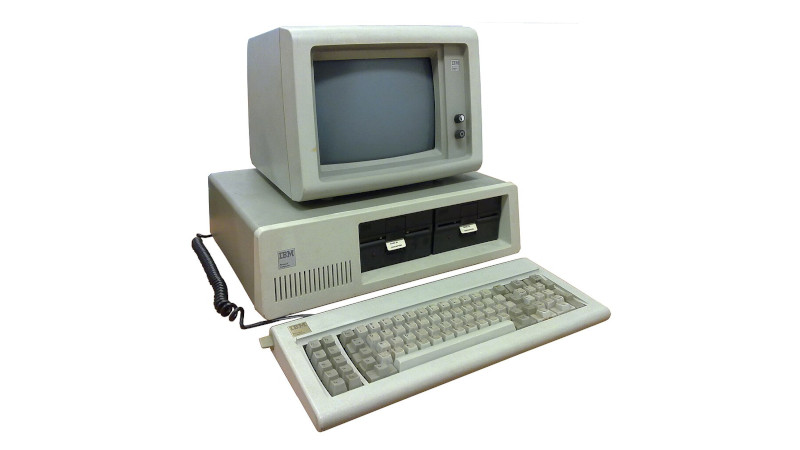






























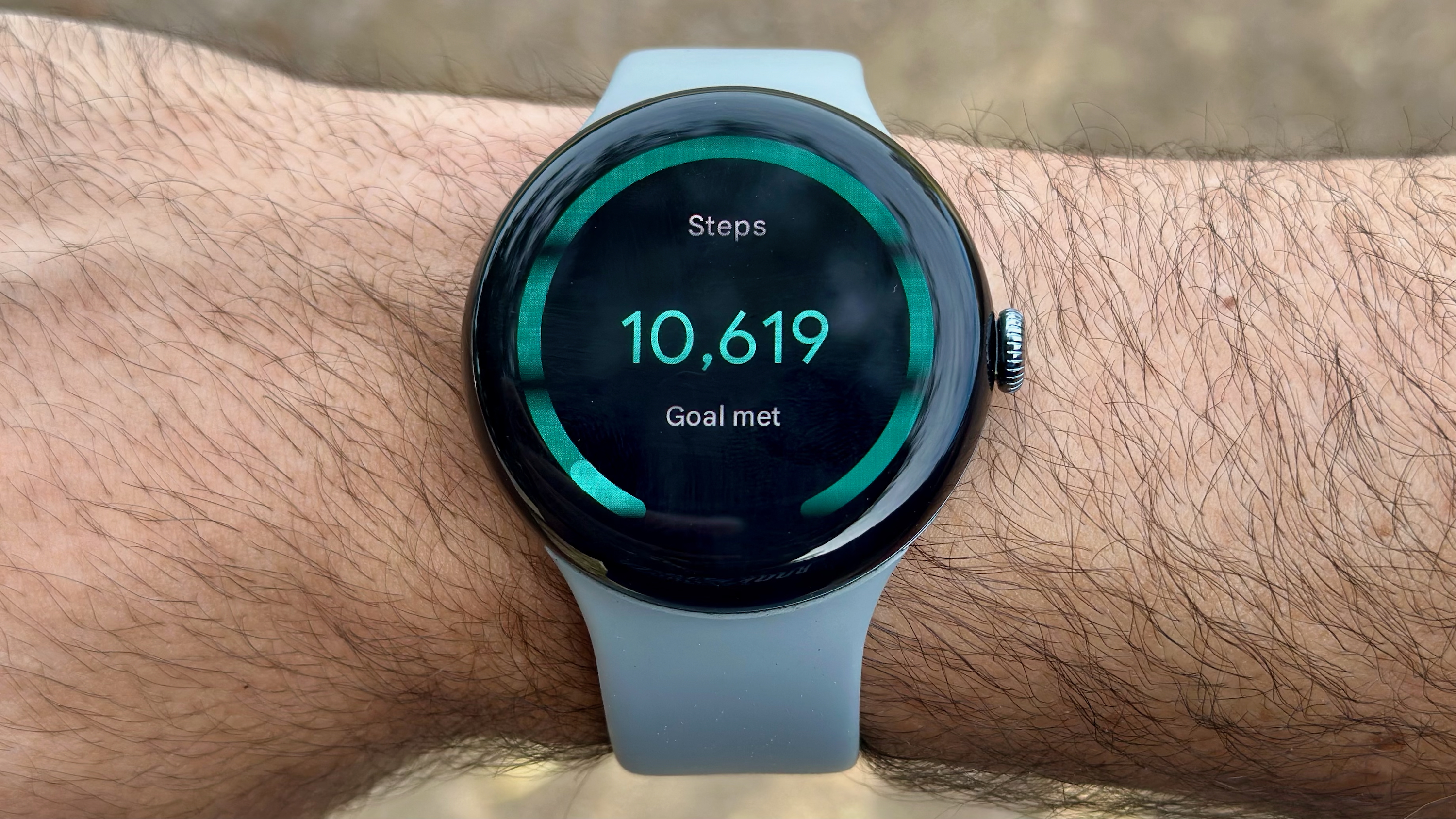






![CarPlay app with web browser for streaming video hits App Store [U]](https://i0.wp.com/9to5mac.com/wp-content/uploads/sites/6/2024/11/carplay-apple.jpeg?resize=1200%2C628&quality=82&strip=all&ssl=1)
![What’s new in Android’s April 2025 Google System Updates [U: 4/21]](https://i0.wp.com/9to5google.com/wp-content/uploads/sites/4/2025/01/google-play-services-3.jpg?resize=1200%2C628&quality=82&strip=all&ssl=1)













![Apple Releases iOS 18.5 Beta 3 and iPadOS 18.5 Beta 3 [Download]](https://www.iclarified.com/images/news/97076/97076/97076-640.jpg)
![Apple Seeds visionOS 2.5 Beta 3 to Developers [Download]](https://www.iclarified.com/images/news/97077/97077/97077-640.jpg)
![Apple Seeds tvOS 18.5 Beta 3 to Developers [Download]](https://www.iclarified.com/images/news/97078/97078/97078-640.jpg)
![Apple Seeds watchOS 11.5 Beta 3 to Developers [Download]](https://www.iclarified.com/images/news/97079/97079/97079-640.jpg)
















